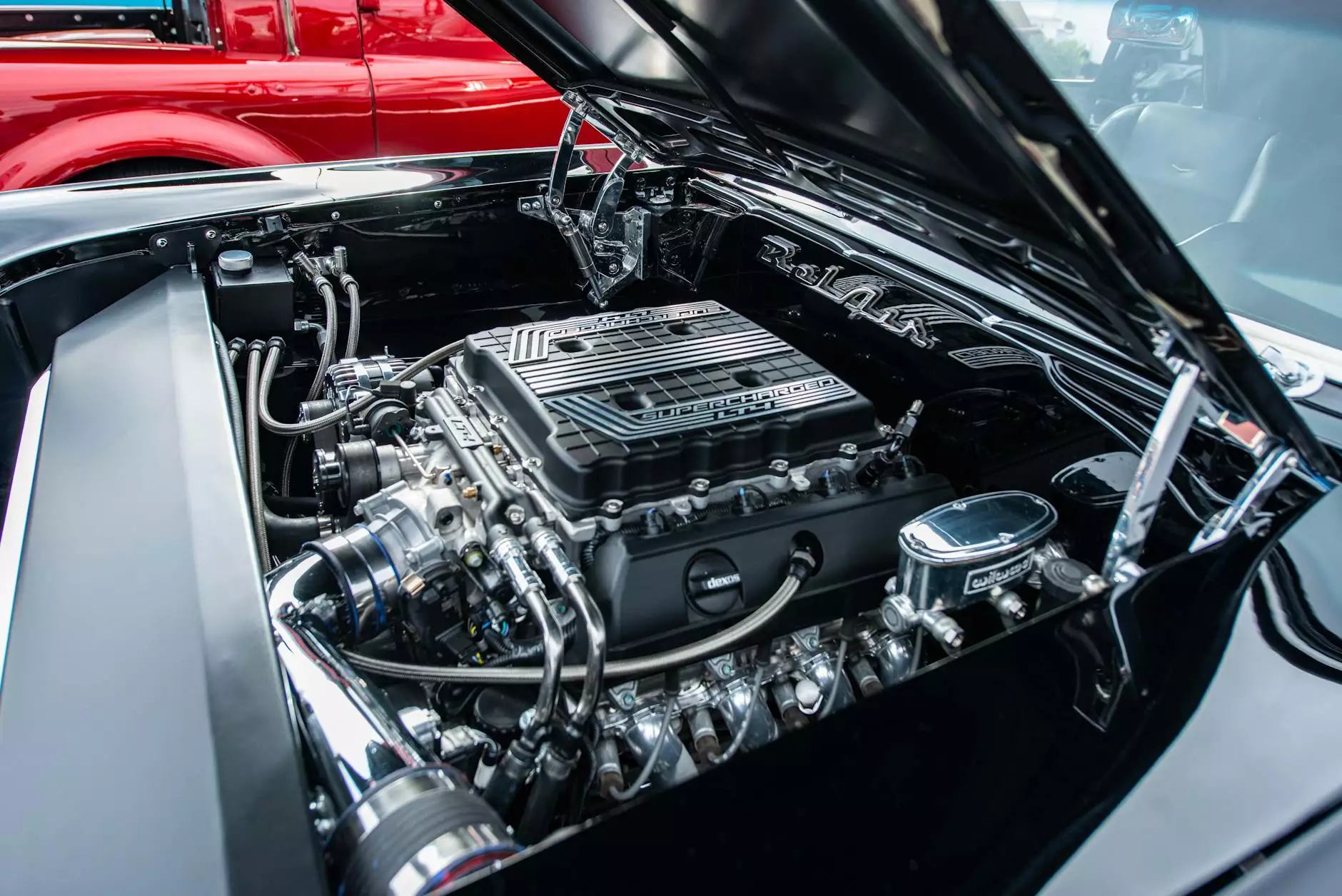Understanding Transmission Filter Price: A Comprehensive Guide

In the world of automotive maintenance, understanding transmission filter price is crucial for car owners and mechanics alike. A transmission filter plays a vital role in ensuring the longevity and efficiency of a vehicle's transmission system. In this extensive article, we seek to delve into various aspects surrounding the price of transmission filters, factors that influence costs, and why investing in a quality filter is essential for your vehicle's performance.
What is a Transmission Filter?
A transmission filter is a component that keeps the transmission fluid clean by filtering out debris and contaminants that can accumulate over time. The filter prevents these particles from circulating within the transmission, which can lead to significant damage and costly repairs.
Importance of a Transmission Filter
- Extends Transmission Lifespan: By keeping the fluid clean, the filter helps extend the life of the transmission.
- Enhances Performance: A clean transmission performs better, leading to smoother gear shifts and improved fuel efficiency.
- Prevents Overheating: Contaminated fluid can lead to overheating, which can destroy the transmission.
- Avoids Costly Repairs: Regular maintenance and timely replacement of the filter can save you substantial repair costs in the long run.
Factors Influencing Transmission Filter Price
When considering the transmission filter price, several factors come into play. Understanding these elements can aid in making an informed purchase decision.
1. Brand and Quality
The brand of the transmission filter significantly influences its price. Premium brands often charge more due to their reputation for quality, reliability, and warranty offerings. Quality filters typically feature durable materials and superior filtration technology that can withstand higher temperatures and pressures.
2. Vehicle Make and Model
Transmission filters are not one-size-fits-all; different vehicles require specific filters based on their transmission design. Filters for high-performance or luxury vehicles generally cost more due to their specialized engineering and materials.
3. Type of Filter
Transmission filters come in several types, including:
- Strainer Filters: Typically used in automatic transmissions, they're designed to block large particles.
- Fluid Filters: These are more advanced filters that remove finer contaminants.
- Magnetic Filters: These incorporate magnets to capture metallic debris.
The type of filter you select can significantly affect the overall price.
4. Place of Purchase
Where you purchase your transmission filter can impact its price. Options include:
- Auto Parts Stores: Local auto parts retailers may offer competitive prices and allow you to physically inspect filters.
- Online Retailers: Websites like shenghaiautoparts.com can provide a wider selection and sometimes lower prices with the convenience of home delivery.
- Dealerships: OEM (Original Equipment Manufacturer) dealerships typically charge higher prices for factory-approved filters.
Average Transmission Filter Prices
The transmission filter price can vary widely based on the factors mentioned above. On average, here’s a breakdown of costs:
- Basic Filters: $15 - $30
- Mid-Range Filters: $30 - $60
- Premium Filters: $60 - $120+
Cost of Labor
In addition to the cost of the filter, you should consider the labor costs for installation, especially if you choose to have a professional handle the replacement. Labor costs vary by location and service center, but you can generally expect to pay between $50 and $150.
DIY: How to Change Your Transmission Filter
Changing your transmission filter can be a straightforward process if you’re handy with tools. Here’s a step-by-step guide:
Tools and Materials Needed
- Wrench Set
- Transmission Filter Kit
- Transmission Fluid
- Drain Pan
- Funnel
- Safety Gloves
Step-by-Step Process
- Prepare the Vehicle: Park on a level surface, and ensure the engine is off and cool. Engage the parking brake.
- Drain the Fluid: Locate the transmission drain plug, and drain the old transmission fluid into the drain pan.
- Remove the Transmission Pan: Unscrew the bolts securing the transmission pan and gently remove it.
- Replace the Filter: Remove the old filter and install the new one, ensuring it is properly seated.
- Reinstall the Pan: Clean the pan’s sealing surface, install the new gasket, and reattach the pan securely.
- Add New Fluid: Use a funnel to add the new transmission fluid through the dipstick tube.
- Start the Engine: Run the engine and shift through the gears to allow the new fluid to circulate.
- Check for Leaks: Inspect the area under the vehicle for any signs of leaking fluid.
Maintaining Your Transmission Filter
Proper maintenance of your transmission filter is key to ensuring optimal vehicle performance. Here are some maintenance tips:
Regular Inspection
Inspect your filter every 30,000 miles or as recommended by your vehicle’s manufacturer. Look for signs of wear or buildup of debris.
Fluid Replacement
Along with the filter, replacing the transmission fluid every 30,000 to 60,000 miles can help prolong the life of your transmission.
Professional Maintenance
Consider having your transmission inspected by a professional mechanic during routine service appointments to catch any potential issues early.
Conclusion
Understanding transmission filter price and the factors that influence it is essential for every vehicle owner. By choosing a quality product, you not only ensure that your transmission operates efficiently but also save money on repairs in the long run. Whether you decide to purchase a filter from an online retailer like shenghaiautoparts.com or opt for a local store, always prioritize quality and compatibility with your vehicle's transmission system. Regular maintenance and timely replacement of your transmission filter can lead to a smoother, safer driving experience.
Make sure to check the latest prices and options to stay updated and make the best choices for your vehicle's needs.



